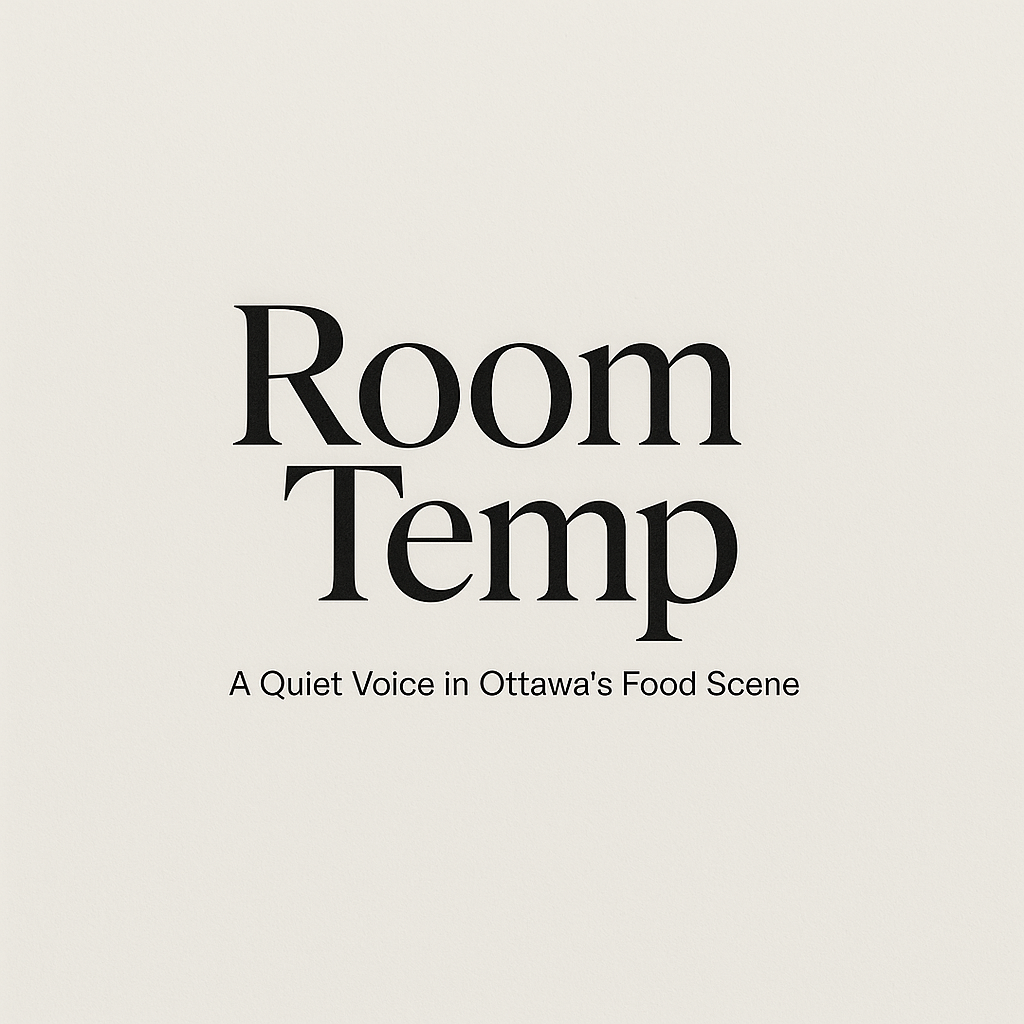The Review Section Is Broken (and maybe it always was)

Online reviews aren’t about food anymore — if they ever were. They’re about parking. About service that was “fine, but not friendly.” About someone’s birthday being ruined by the lighting. They’re about expectations, not experiences. Vibes, not taste.
A perfect croissant gets three stars because the café didn’t have oat milk. A thoughtful dish gets dragged because the menu didn’t explain what burrata is. One-star reviews come from people who didn’t even eat there — they just called and didn’t like the tone.
And the good reviews? They’re often worse. “Delicious!” they say, about something microwaved. “Best meal ever!” next to a photo of shrimp still in their freezer bags. There’s no critical thinking, no reference points — just emotional Yelp-haikus powered by mood and impulse.
Meanwhile, chefs and owners are expected to take it all seriously. To nod politely when a customer tells them the risotto was “undercooked.” To respond to every online complaint with a cheerful apology and a promise to “do better.”
But the problem isn’t just that the review system is noisy. It’s that it flatters the idea that taste is democratic, when it’s really just personal. Not everyone’s opinion is useful. Not everyone should get to shape a restaurant’s fate. And not everything needs to be rated out of five.
If something moved you — write about it. If it didn’t, maybe just move on.
